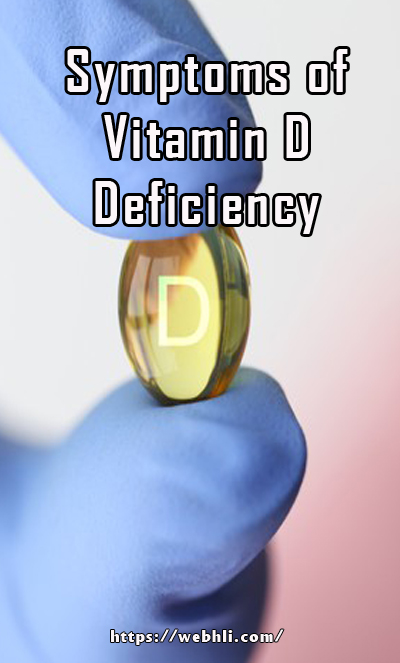There aren’t a whole lot of reliable symptoms of this deficiency, which is why you should have your doctor do a blood test yearly as you age, or if you fit into one of the above categories.
Here are some things you can look for:
Fatigue.
Chronic exhaustion, especially if you fit into one of the above categories, is one of the first symptoms of vitamin D deficiency.
If you’re tired all day, have your doctor check your blood levels (there are also other conditions that cause fatigue, though).
Muscle aches, weakness, or cramps.
In one scientific study, 71% of patients with chronic pain were found to have vitamin D deficiency.
The vitamin D receptor is found in certain cells called nociceptors, which sense pain. One study in rats showed that a deficiency in vitamin D led to pain and sensitivity.
And a few human studies have shown that taking vitamin D supplements have helped people with chronic pain. Remember that aches and pains are your body’s way of signaling there’s something wrong.
Bone and lower back pain.
This would be a sign that you have a severe deficiency or have been deficient for a very long time. Pain results from a huge loss of calcium from the bone tissue, which takes time to develop. See your doctor at once.
Getting frequent infections.
Vitamin D directly interacts with the cells in your body that are responsible for fighting infection. Scientific studies have shown a link between low vitamin D levels and respiratory tract infections like colds, bronchitis, influenza, and pneumonia.
If you find yourself getting sick often, have your doctor check your vitamin D levels.
Slow wound healing.
Test-tube studies suggest that vitamin D increases the levels of compounds in your body that are responsible for forming new skin during wound healing.
It was also found that people with lower vitamin D levels are more likely to have higher levels of inflammatory markers that can get in the way of proper healing.
If you notice you’re not healing well from a wound or surgery, have your doctor check your vitamin D levels.
Mood changes like depression.
Scientists don’t exactly know why vitamin D is associated with depression, but many depressed patients also have low vitamin D levels. The good news is, when you rectify the deficiency, the depression is also lessened a bit.
Hair loss.
Hair loss in women has been linked to low vitamin D levels, but there is little scientific research on this to date.
An autoimmune disease called alopecia areata causes severe hair loss from the head and other parts of the body. This disease is associated with rickets, which we already said was a symptom of severe vitamin D deficiency in children.
Low vitamin D levels may be a risk factor for the disease so have your doctor check your levels if you’re losing hair.




 Protected by Patchstack
Protected by Patchstack